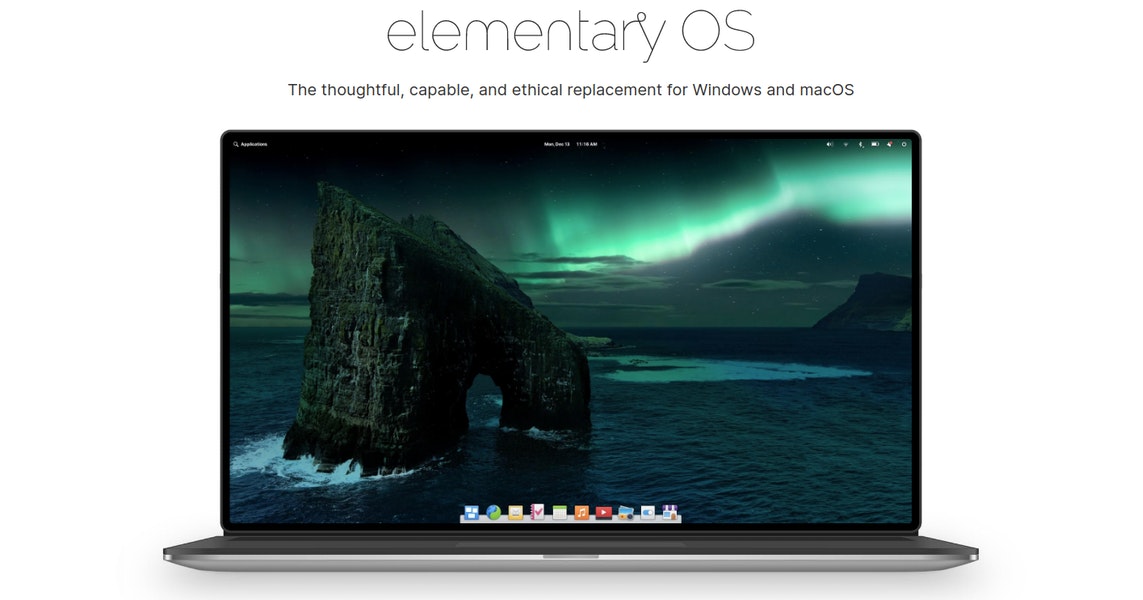elementary founder: "I might take some time off from Linux or join another community maybe"
You must log in or register to comment.
From Wikipedia, the free encyclopedia
Linux is a family of open source Unix-like operating systems based on the Linux kernel, an operating system kernel first released on September 17, 1991 by Linus Torvalds. Linux is typically packaged in a Linux distribution (or distro for short).
Distributions include the Linux kernel and supporting system software and libraries, many of which are provided by the GNU Project. Many Linux distributions use the word “Linux” in their name, but the Free Software Foundation uses the name GNU/Linux to emphasize the importance of GNU software, causing some controversy.
Rules
- Posts must be relevant to operating systems running the Linux kernel. GNU/Linux or otherwise.
- No misinformation
- No NSFW content
- No hate speech, bigotry, etc
Related Communities
Community icon by Alpár-Etele Méder, licensed under CC BY 3.0
- 0 users online
- 5 users / day
- 20 users / week
- 27 users / month
- 16 users / 6 months
- 20 subscribers
- 684 Posts
- 1.7K Comments
- Modlog




Why dont open software have a proper funding model? They are one of the most popular distros for christ sake!
This all depends on how big their team was, especially during the economic downturn from the pandemic.
Other companies seem to be doing ok with the linux desktop, for example linux mint (which seem to continually increase revenue) and pop os.
Their patreon donations have been declining, I Fear that some of their design decisions are just not attracting users (If not getting them to leave), that leads to less users and therefore less donations.
At least for Pop, the main funding stream is System76 computers, not Pop itself. It makes me a little nervous about the prospects if other companies start to move in more aggressively to the Linux consumer computer market. Personally, I just bought a Framework laptop that I might install Pop on, but none of that money is going to maintain Pop. I like Pop, so I don’t feel too great about that.
You could either donate to help Pop’s development or use its more community oriented upstream distro Debian.
Donating is a good idea, but it doesn’t necessarily fix things as a systemic issue.
@libre_warrior what would you define as a proper funding model?
Open software are in the interest of people. People should fund these projects. But our funding model does not put emphasis on bringing the grass roots to open software, therefore we end up with neglishable funding.
That would be nice, but unfortunately most people are more likely to fund streamers, podcasters, and youtubers than FOSS developers.